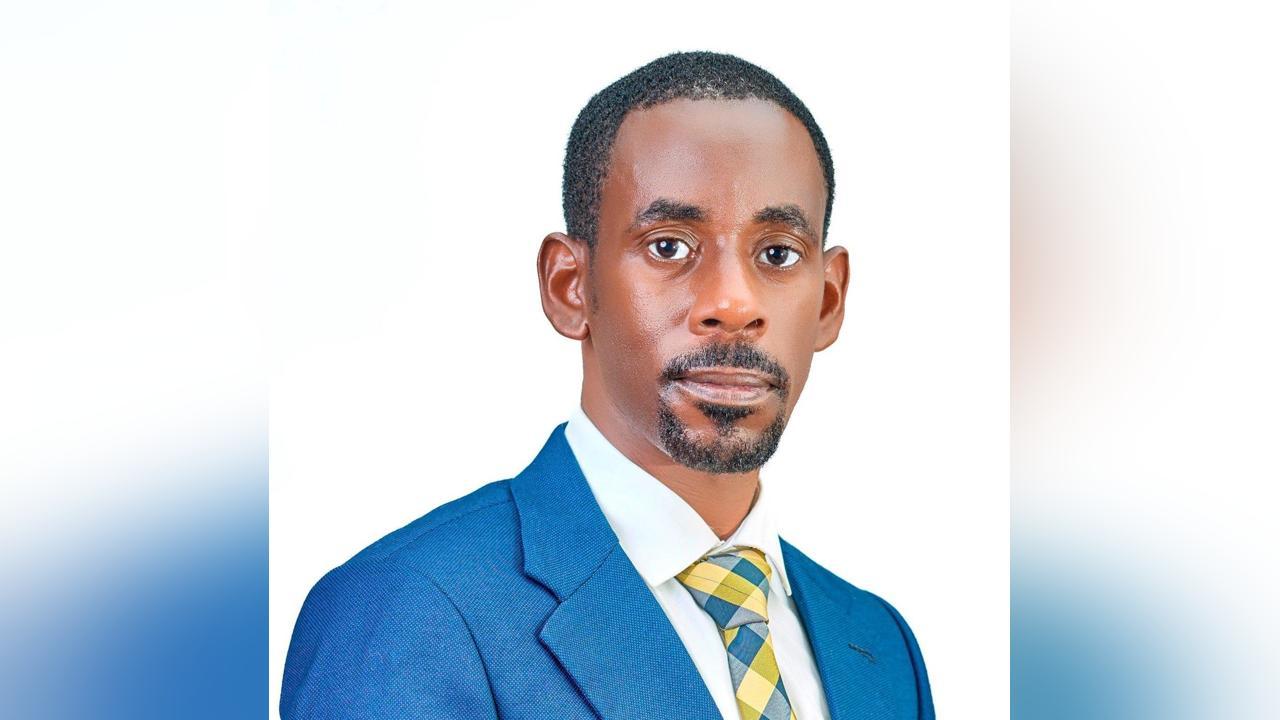Africa-Press – Uganda. Every month, Sarah Namatovu, a Ugandan nurse based in London, sends part of her paycheck to her family in Masaka. It pays for her siblings’ school fees, her mother’s medication, and a small poultry business that now supports three households. Sarah’s story mirrors that of an estimated 2.5 million Ugandans living abroad. Together, they are responsible for a $1.42 billion remittance miracle in the year to January 2024, according to a Bank of Uganda report. Month after month, thousands send money home to keep families afloat and dreams alive. These remittances have become not just a family lifeline, but a cornerstone of Uganda’s economy.
According to a July 2025 Bank of Uganda report, remittance inflows reached a record US$1.42 billion in the year to January 2024, growing by 13.4% from the previous year and surpassing the pre-COVID peak of $1.4 billion. The International Organization for Migration reports this climbed further to $1.5 billion by the end of 2024—a further 6% increase. Remittances now rank as Uganda’s fourth-largest foreign exchange earner, following gold ($3.37 billion), coffee ($1.54 billion), and tourism ($1.52 billion). Uganda is now the seventh-largest remittance recipient in sub-Saharan Africa and ninth in all of Africa, trailing countries like Egypt, Nigeria, Morocco, and Kenya, East Africa’s highest remittance recipient.
Diaspora remittances carry real economic weight. The inflow of remittances contributes directly to national GDP (accounting for nearly 3% of Uganda’s GDP, according to the World Bank), supports foreign exchange reserves, alleviates household poverty, and, thanks in part to these remittances, the Ugandan shilling has shown greater stability against major global currencies in recent years. Furthermore, diaspora remittances have proven to be a more stable source of foreign exchange than foreign direct investment (FDI), which remains volatile and politically sensitive, making the diaspora Uganda’s second-largest source of foreign capital after exports.
Where does the money come from?
The Ugandan diaspora is diverse and dynamic. A 2023 World Bank report shows that 40% of remittances come from the U.S. and U.K., largely from professionals in healthcare, finance, and education; 35% (US$500 million) flows from the Middle East—especially Saudi Arabia, UAE, and Qatar—where Ugandans mostly work in domestic service, construction, and security; and 7% (US$100 million) originates from Kenya, reflecting growing regional migration. Highly skilled migrants tend to send larger sums periodically, while lower-wage workers remit smaller amounts more frequently, ensuring a steady lifeline for families back home.
Who receives this money, and how is it used?
According to the 2024 National Population and Housing Census, 1.5% of Uganda’s 10.6 million households received remittances in the past year. Of these funds, about 25% goes to food and daily needs, 17% to education, and the rest to healthcare, housing, and small business investments. Remittance-receiving households typically enjoy better access to education and healthcare, with female-headed households prioritizing essentials like schooling. Over time, remittances have been linked to intergenerational economic mobility, lifting families beyond mere survival.
Challenges
The transfer and usage of diaspora remittances in Uganda is not without challenges. Transaction fees remain high, averaging around 10%, far above the Sustainable Development Goal target of 3%. Financial literacy among recipients is low, as up to 30% lack investment knowledge (IOM, 2023). Equally, migrant workers abroad face limited job security, and many still rely on informal transfer channels.
Experts argue Uganda should focus on reducing transfer costs, improving financial literacy, and creating incentives for diaspora investment. Partnerships with digital payment platforms could cut fees, while targeted training could prepare workers for higher-paying jobs abroad. Expanding vocational programmes, certification schemes, and language training would help Ugandans tap into higher-paying jobs abroad. Strengthening labour agreements with destination countries could also improve job security and protect workers’ rights.
By combining lower transaction costs, wider financial access, and better skills training, Uganda could turn remittances from a survival tool into a driver of long-term economic growth. “The opportunity for Uganda today is not only to make remittances cheaper as per the SDG target,” one migration expert notes, “but also to make them count for the millions of families that receive them.”
A call for recognition
Given their immense contribution—economically, socially, and diplomatically—it is fitting to formally recognize the diaspora through a National Diaspora Day. This would be more than symbolic. It would create a structured platform for policy dialogue, investment promotion, and cultural preservation, as seen in countries like Nigeria, Ghana, India, and the Philippines. Uganda has made some progress with a dedicated diaspora department at the Ministry of Foreign Affairs, and the Uganda Investment Authority has courted diaspora investors through trade missions. However, these efforts remain fragmented and lack a unified national framework. An officially gazetted, well-resourced National Diaspora Day could be the missing link that transforms goodwill into a sustained, strategic partnership.
Uganda’s greatest export has never been coffee or gold—it has been her people. From nurses in London hospitals to builders in Doha, domestic workers in Riyadh, and security guards in Dubai, the diaspora carries the weight of two homes on their shoulders. They send their earnings, skills, and dreams across oceans, sustaining families, funding education, and shaping futures they may never personally enjoy. For every dollar sent, there is a story of sacrifice. For every story, a heart that still calls Uganda home.
A National Diaspora Day would not only celebrate their role—it would affirm, with conviction, that Uganda sees them, values them, and walks alongside them in building the nation. As migration expert Dr. Grace Mugisha puts it: “Remittances are not just money—they’re love in currency form.” It is time to turn that love into a lasting partnership, binding Uganda together not by borders, but by shared purpose and destiny.
The writer is the Secretary General of the Federation of Uganda Migrant Workers and Returnees Associations. Email:[email protected]
Source: Nilepost News
For More News And Analysis About Uganda Follow Africa-Press






